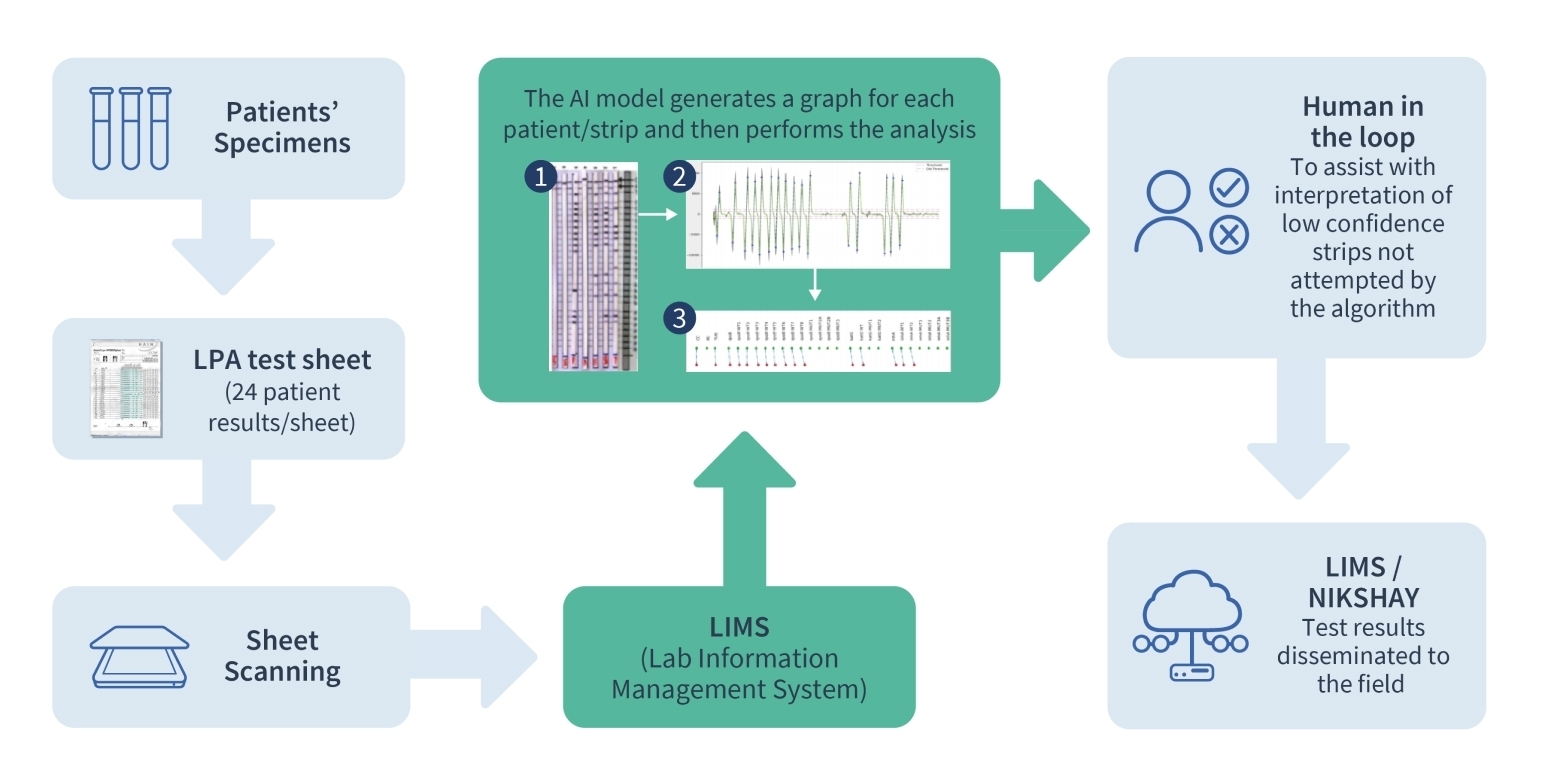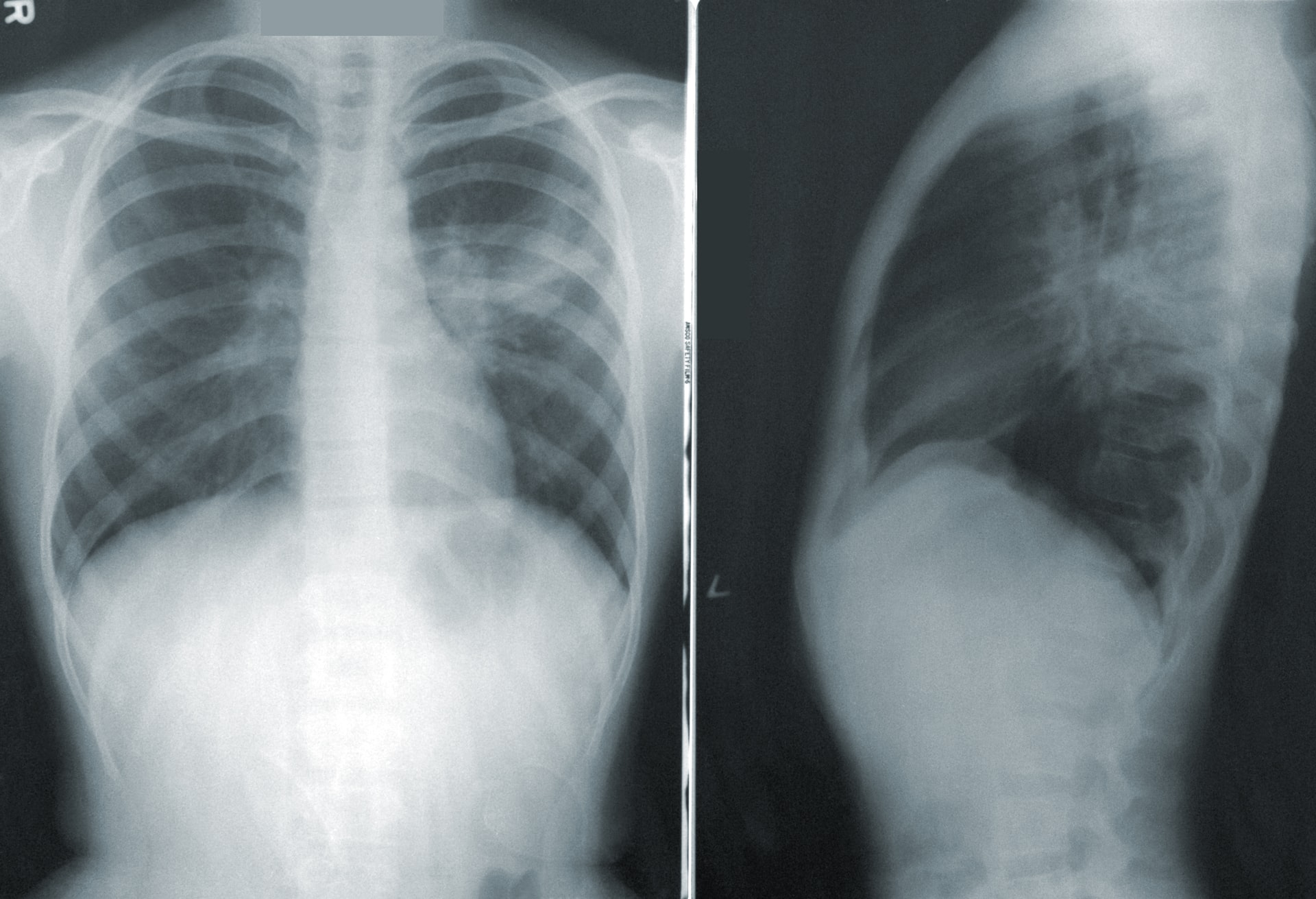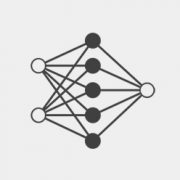Wadhwani AI is a nonprofit, applied AI institute that develops and deploys artificial intelligence technology to address social challenges in low- and middle-income countries.
We build and deploy AI solutions in partnership with local governments and civil society organisations to improve large-scale public programs. Through our solutions, AI becomes an enabling technology that bridges the gap between problems and solutions, augments human capabilities and provides advanced decision support.
Computer vision forms the core of several of our healthcare and agriculture solutions.
Our award-winning CottonAce solution guides smallholder cotton farmers on the optimal time to take preventive action and protect their farm against avoidable crop losses due to pests such as the Pink and American bollworm.
To assist frontline health workers identify underweight neonates and monitor their growth, we are developing a smartphone-based technology that provides accurate, timely, geo-tagged and tamper-proof weight estimation.

We use computer vision to automate the reading and interpretation of Line Probe Assay test results to determine a tuberculosis patient’s drug sensitivity and types of drug resistance. Wadhwani AI is the official AI partner of India’s Central TB Division.

We use computer vision to automate the reading of medical scans such as chest x-rays to identify lung diseases, ultrasound imagery to screen for tuberculosis, and are also excited to onboard new projects ranging from ophthalmology to dermatology to CT scans.
At Wadhwani AI, we work on AI problems that are unique and built for large-scale social initiatives. Their solutions are expected to impact millions across the developing world. While our current areas of focus are healthcare and agriculture, we are rapidly exploring other domains where AI technology can make a difference to the underserved.
WE’RE HIRING
We are hiring at all levels for our AI team to support our pace of growth, ranging from Associate ML Scientists with limited experience to Senior and Principal ML Scientists, as well as ML Engineers. These roles are commensurate with experience and will be evaluated on an individual basis.
Modeling work at WIAI calls for expertise in ML/DL for vision, sound, text, and tabular data, principled approaches to data cleaning and imputation, building data, inference and evaluation pipelines, and above all, a passion to develop AI solutions that can reach the masses and help improve peoples’ lives.
Interested? Please fill in your name and email address using the form below, and we’ll get back to you at the earliest.
If you don’t quite fit into the roles listed above, but are passionate about working with us in a tech role, please write to us at hr@wadhwaniai.org.

© 2025 Wadhwani AI
ROLES AND RESPONSIBILITIES
An ML Engineer at Wadhwani AI will be responsible for building robust machine learning solutions to problems of societal importance; usually under the guidance of senior ML scientists, and in collaboration with dedicated software engineers. To our partners, a Wadhwani AI solution is generally a decision making tool that requires some piece of data to engage. It will be your responsibility to ensure that the information provided using that piece of data is sound. This not only requires robust learned models, but pipelines over which those models can be built, tweaked, tested, and monitored. The following subsections provide details from the perspective of solution design:
Early stage of proof of concept (PoC)
Late PoC
This is early to mid-stage of AI product development
Post PoC
Responsibilities during production deployment
We realize this list is broad and extensive. While the ideal candidate has some exposure to each of these topics, we also envision great candidates being experts at some subset. If either of those cases happens to be you, please apply.
DESIRED QUALIFICATIONS
Master’s degree or above in a STEM field. Several years of experience getting their hands dirty applying their craft.
Programming

ROLES AND RESPONSIBILITIES
As an ML Scientist at Wadhwani AI, you will be responsible for building robust machine learning solutions to problems of societal importance, usually under the guidance of senior ML scientists. You will participate in translating a problem in the social sector to a well-defined AI problem, in the development and execution of algorithms and solutions to the problem, in the successful and scaled deployment of the AI solution, and in defining appropriate metrics to evaluate the effectiveness of the deployed solution.
In order to apply machine learning for social good, you will need to understand user challenges and their context, curate and transform data, train and validate models, run simulations, and broadly derive insights from data. In doing so, you will work in cross-functional teams spanning ML modeling, engineering, product, and domain experts. You will also interface with social sector organizations as appropriate.
REQUIREMENTS
Associate ML scientists will have a strong academic background in a quantitative field (see below) at the Bachelor’s or Master’s level, with project experience in applied machine learning. They will possess demonstrable skills in coding, data mining and analysis, and building and implementing ML or statistical models. Where needed, they will have to learn and adapt to the requirements imposed by real-life, scaled deployments.
Candidates should have excellent communication skills and a willingness to adapt to the challenges of doing applied work for social good.
DESIRED QUALIFICATIONS
